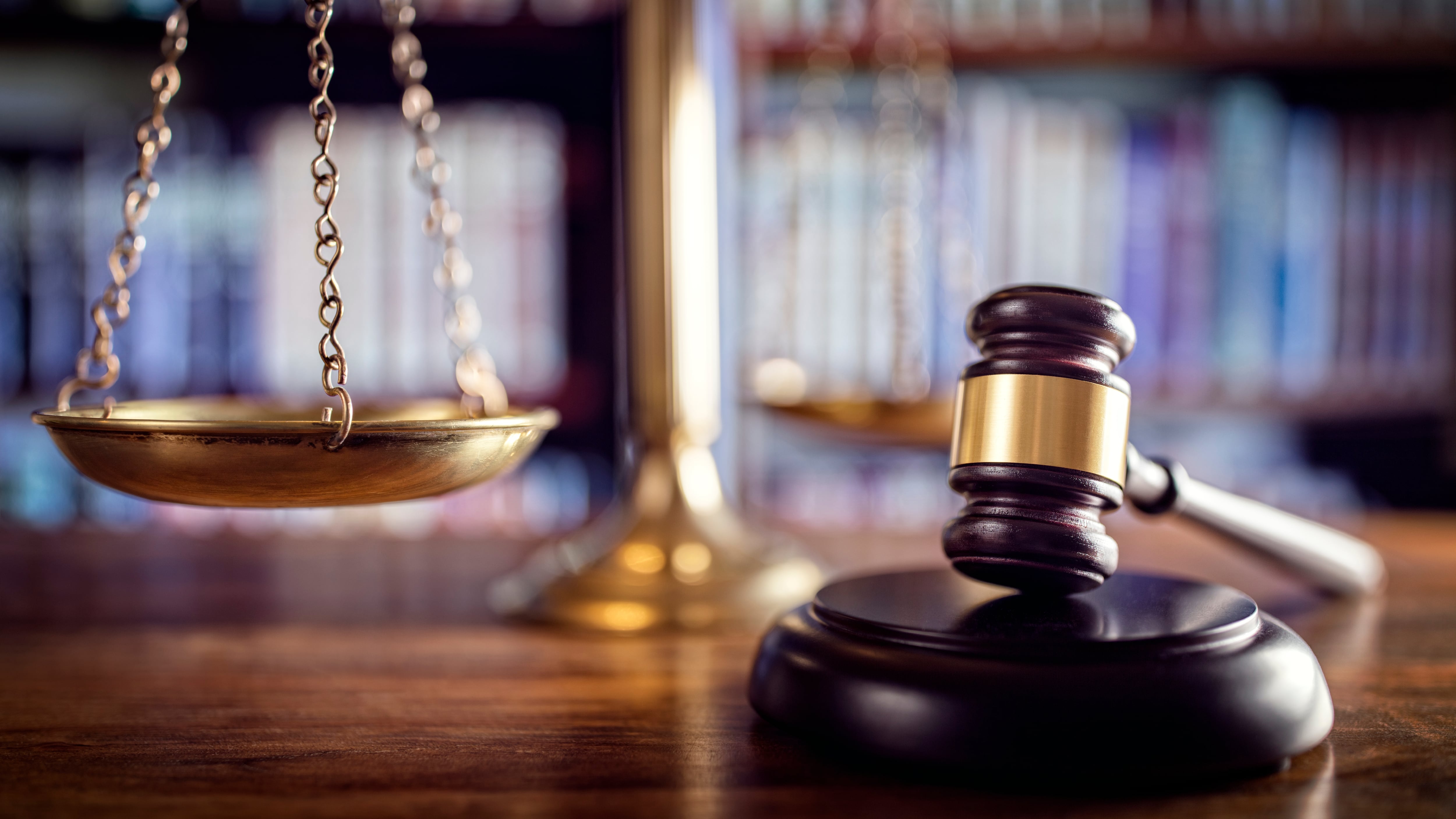ALEXANDRIA, Va. — A former Air Force intelligence analyst pleaded guilty Wednesday to leaking classified documents to a reporter about military drone strikes against al-Qaida and other terrorist targets.
The guilty plea from Daniel Hale, 33, of Nashville, Tennessee, comes just days before he was slated to go on trial in federal court in Alexandria, Virginia, for violating the World War I-era Espionage Act.
Hale admitted leaking roughly a dozen secret and top-secret documents to a reporter in 2014 and 2015, when he was working for a contractor as an analyst at the National Geospatial-Intelligence Agency (NGA). While court papers never specified the recipient of the leak, details about the case make it clear that the documents were given to Jeremy Scahill, a reporter at The Intercept, who used the documents as part of a series of critical reports on how the military conducted drone strikes on foreign targets.
He faces up to 10 years in prison at sentencing scheduled for July 13.
RELATED

The original indictment against Hale states that he reached out to the reporter in April 2013 while still enlisted in the Air Force and assigned to the National Security Agency. The leaks continued after Hale became a private contractor and was assigned to NGA.
Hale’s lawyers sought unsuccessfully last year to have the case tossed on First Amendment grounds. They also argued that the case was a selective and vindictive prosecution.
Defense lawyers said that while Hale was being punished for leaking information about negative aspects of the drone program, the government seemed unconcerned about anonymous leaks by government officials about successful strikes.
More broadly, they said use of the Espionage Act against whistleblowers has a chilling effect on free speech and a free press. The law has been used by multiple presidential administrations in recent years against multiple whistleblowers. It also allows for prosecution of journalists who receive and publish the information.
The Eastern District of Virginia, where Hale pleaded guilty, has been a frequent location over the years for cases involving leaks and whistleblowers.
Prosecutors there have filed criminal charges against Wikileaks founder Julian Assange and against former National Security Agency contractor Edward Snowden. Both remain overseas despite U.S. efforts to obtain their extradition.
In 2015, a judge imposed a 3 ½-year sentence on former CIA officer Jeffrey Sterling, who was convicted of exposing government secrets to a New York Times reporter. In 2013, another former CIA man, John Kiriakou, was sentenced to 2 ½ years in prison after pleading guilty to leaking a covert officer’s identity to a reporter.
Kiriakou’s indictment in 2012 prompted then-CIA Director David Petraeus to issue a statement reminding his agency’s employees of the need for secrecy in their work. In 2015, Petraeus pleaded guilty in federal court in North Carolina to a charge of unauthorized removal and retention of classified information. He was sentenced to probation.
Hale pleaded guilty to a single count of illegally retaining and transmitting national defense information, part of the Espionage Act. The other four counts against him were not dropped as part of the plea deal, as would be typical, but were placed in abeyance, giving the government at least the theoretical opportunity to bring the other counts to trial.
Press and whistleblower advocates have urged President Joe Biden’s administration to reverse course in prosecuting leak cases, particularly under the Espionage Act.
Jameel Jaffer, director of the Knight First Amendment Institute at Columbia University, said the Espionage Act makes no distinction between someone who discloses secrets to benefit a foreign adversary or to get paid, as opposed to someone who feels a moral obligation to disclose problems inside of government.
Jaffer is a former American Civil Liberties Union lawyer who spent years filing lawsuits under the Freedom of Information Act seeking information about the drone program. He said those lawsuits ultimately yielded little information and credited whistleblowers like Hale for many of the disclosures that showed the drone program was not as precise in its strikes as the government portrayed.
He said there’s bipartisan awareness that the law poses problems and he’s optimistic it will eventually be revised.
“There’s a recognition that the government’s interest in protecting national security secrets is important, but it’s not the only important thing,” Jaffer said.
But Raj Parekh, acting U.S. Attorney for the Eastern District of Virginia, said in a statement that those entrusted with government secrets don’t get to decide for themselves whether to keep them.
“Those who are entrusted with classified information have a duty to safeguard that information in order to protect our Nation’s security,” he said. “As an analyst for the Intelligence Community, Daniel Hale knowingly took highly classified documents and disclosed them without authorization, thereby violating his solemn obligations to our country.”





